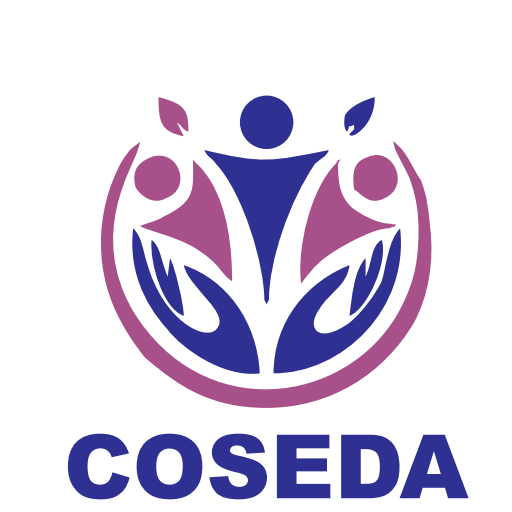The Jonglei State project is planned for the duration between July 1st 2024 and June 30th 2025 in the geographical area of Panyikang.
The South Sudan government has expressed a commitment to enhancing the health and well-being of its citizens, as evidenced by the National Health Sector Strategic Plan (HSSP) 2023-2027. This plan envisions a healthy and productive population living dignified lives, aligning with the global Sustainable Development Goals (SDGs) and their specific health targets. The program aims to improve maternal and child health outcomes and bridge the existing gaps in healthcare services. It will contribute to the government’s vision of strengthening the national health system and enhancing service delivery while ensuring mothers and children have access to quality healthcare, vaccinations, nutrition, clean water, and sanitation.
This project will be implemented in line with national priorities and policies as set out in the National Health Policy 2016-2026 namely: Improving access to and utilization of essential lifesaving healthcare services by all people in need; Developing essential health infrastructure to ensure quality and safety of health services delivery; Scaling up production, and strengthening CHD management and development of the human resources; Ensuring that by 2025, Children under five years and pregnant women use more equitable and better quality essential maternal, newborn and child health services.




